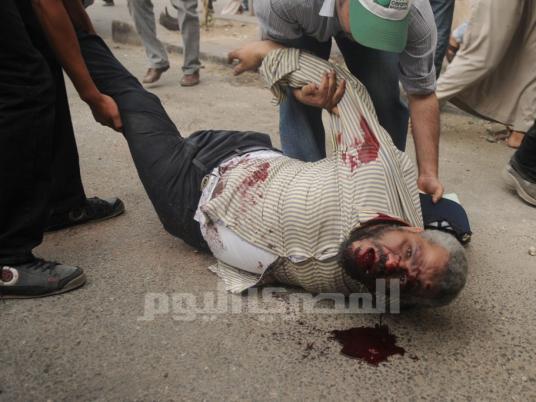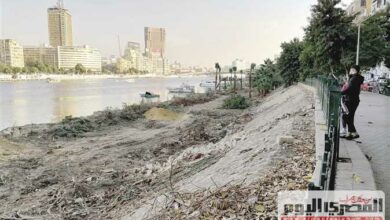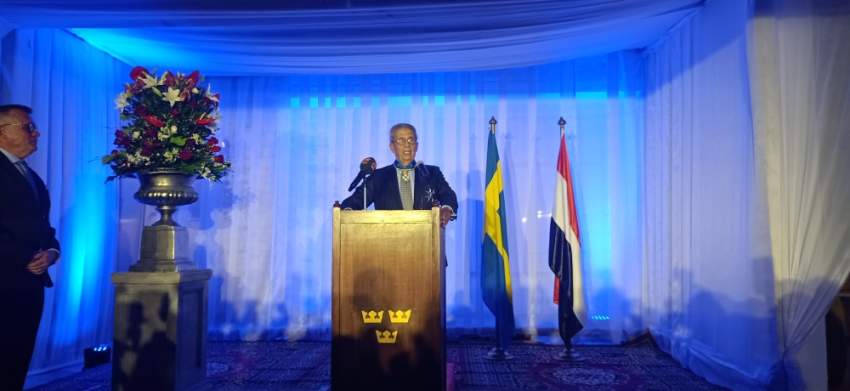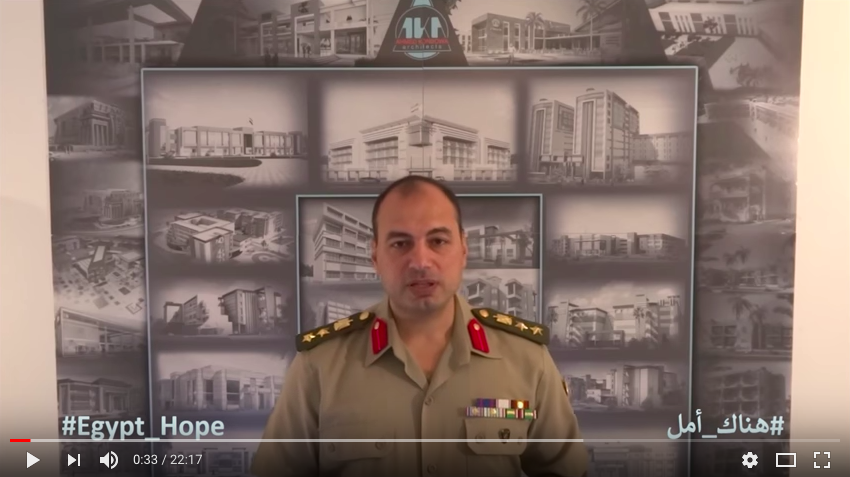
A number of presidential hopefuls have said they consider the violence in Abbasseya on Friday to be an attempt to postpone or cancel the presidential elections.
In statements, the candidates denounced the clashes in front of the Defense Ministry between the military police and protesters, but many also spoke of the importance of freedom of expression.
Amr Moussa said it is the responsibility of the state to secure protests as long as they are peaceful. He said the freedom of expression should be protected, but not violence.
"The attempts of a minority to push for a confrontation between the people and the armed forces and assaulting the state institutions should not be tolerated or accepted in any form," he said.
Moussa appealed to the military council and the cabinet to intervene immediately, stop the bloodshed, and announce clearly that power would be handed over as scheduled to civilians.
Moussa also called on protesters to be responsible, maintain the peacefulness of their protests and to keep their distance from the Defense Ministry.
Abdel Moneim Abouel Fotouh said he condemned the clashes.
Abouel Foltouh's presidential campaign held the military council fully responsible for the events, as the country's ruling power during the transitional period. The campaign also held the military council responsible for intentionally neglecting security, fostering chaos and mismanaging the country.
Mohamed Selim al-Awa said that protecting the lives of protesters is the responsibility of the state, though he condemned attempts at storming the Defense Ministry.
Moving the sit-in to Abbasseya near the Defense Ministry and military institutions was wrong of the protesters, Awa said, noting that the week’s events proved that there was a plan to sow chaos in order to postpone or cancel the democratic transfer of power.
Khaled Ali said that assaulting protesters represented an overthrow of all the principles of the revolution and an attempt on the part of the military council to cancel the transfer of power.
Ali said security forces provoked peaceful protesters by abducting one of them and assaulting him in front of the his fellow protesters, which sparked violence between demonstrators and military early Friday.
"What happened in Abbasseya is [part of] the movement to turn against the revolution, which started on 9 March 2011 (the first time the military broke up a sit-in by force in Tahrir Square), and which was followed by many incidents that proved the military council was protecting the counter-revolution and participated in planning for it since the very beginning," Ali said.
Ali demanded the release of all the prisoners being held from the Abbasseya clashes. He said the detention of the protesters was motivated by counter-revolutionary forces, not safety. If saftey had been the motivation, he said, it would have been more logical to arrest the thugs who assaulted the protesters over the former 5 days instead of arresting the protesters on Friday.
Abul Ezz al-Hariri said that the incident threatened protesters and said he had called on them to leave the vicinity of the Defense Ministry to prevent the occurrence of further clashes.
Ahmed Shafiq announced his support for the armed forces and mourned the death of recruit Samir Anwar who was killed Friday in the clashes, stressing his confidence in the value of the military and its role in protecting the country’s borders.
Hamdeen Sabbahi meanwhile, called on protesters to use reason and to keep away from the Defense Ministry to prevent any more bloodshed.
Edited translation from Al-Masry Al-Youm




